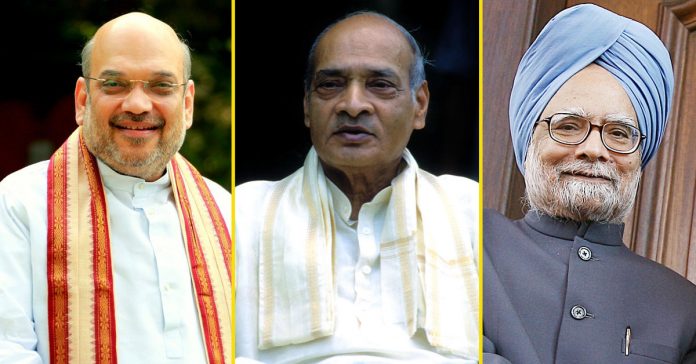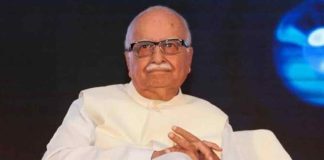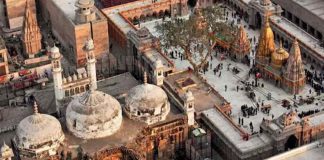‘Horse Trading’, is a new burning term continuously echoing during the political debates or shows aired on almost all the National Channels in India. Using of the term Horse Trading in Indian politics is very rare, but of late, we hear this term often, due to the Rajasthan Political Crisis.
Literally, Horse Trading refers to the buying and selling of horses. We have been hearing about ‘Horse Trading’ in the media and are surprised to see the different variations in which ‘Horse trading’ is done. Horse trading is referred to clever negotiations, especially political vote trading, which is unethical.
‘Political Horse Trading’ has become very popular in India these days. The two parties which are into ‘Horse Trading’, understand the needs of each other and negotiate in a clever manner. Horse Trading in politics is the name given to getting the loyalty of MLA or MP shifted for “monetary” considerations.
As bargaining is done for horses, political parties bid for MLAs and MPs with huge sum of rupees to switch over sides from the party tickets which they have won in the elections.
Origin of Horse trading
Horse Trading in independent India started only after the emergency period was announced in India and it augmented when the multi party system or alliances between the parties started. Not only the Congress party but all the parties have indulged in Horse Trading to come into power. This system has been done at state level as well as union level.
In 1991, Mr.P.V. Narasimha Rao had become the PM. Congress had minority in the Lok Sabha. He through “monetary consideration” secured the votes of certain opposition parties to win the “confidence vote”. A PIL was filed and the charges were proved, but the SC had ruled it out saying that, it has no “authority” to punish a MP for his or her corrupt actions in the house of the Parliament.
Later on the same thing was done by Mr. Manmohan Singh to win the vote of confidence in 2008 and corrupt MPs were let “scott free”.
Is it constitutional or not?
Prospective MLAs and MPs carry crores of rupees on their heads. They fool their voters by doing so. This explains the failure of Indian constitution which promotes for multiparty representative form of democracy. In simple, the citizens of India are fooled by the constitution. It is purely unconstitutional.
Why is horse trading done?
Horse-trading is usually done when any one party doesn’t receive the majority in the assembly and is hung after an election. In order to gain the majority required to form a government, political parties try to pull in members from other parties.
While bringing members from the opposition they resort to unapproved techniques in doing so, which is called horse-trading. The said party may offer ministerial perks and financial benefits to lure opposing members. Presently, the same negotiations are happening in Rajasthan which is very harmful for a democratic country like India.
Hence, to control this uncertainty, Anti Defection Law has been introduced in 1985 by our late PM Rajeev Gandhi, as he disapproved such practices.
Ironically, Mr. Amit Shah is known to be the ‘Father of Horse trading’, maybe that’s why he is called as Chanakya.




